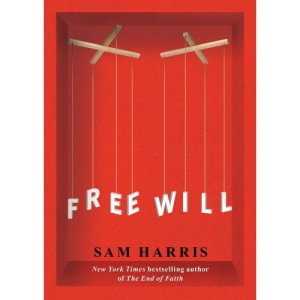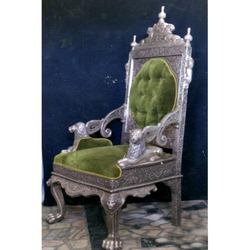Blog Archives
I Will Choose Free Will
Each of us, a cell of awareness; imperfect and incomplete
Genetic blends, with uncertain ends; on a fortune hunt that’s far too fleetYou can choose a ready guide in some celestial voice
If you choose not to decide, you still have made a choice
You can choose from phantom fears and kindness that can kill
I will choose a path that’s clear
I will choose free will– Rush, “Free Will”
 I just started reading a new book by Sam Harris entitled “Free Will” in which Sam argues that free will is an illusion. Clearly he makes this argument in opposition to religious arguments about choosing to follow and obey God or not. But also he makes this argument in opposition to his good friend and compatibilist Dan Dennett. The compatibilist view states that free will and determinism are not mutually exclusive and can co-exist.
I just started reading a new book by Sam Harris entitled “Free Will” in which Sam argues that free will is an illusion. Clearly he makes this argument in opposition to religious arguments about choosing to follow and obey God or not. But also he makes this argument in opposition to his good friend and compatibilist Dan Dennett. The compatibilist view states that free will and determinism are not mutually exclusive and can co-exist.
I find that there are few topics more confusing than the free will vs. determinism debate. Most people, including me, seem to have a gut reaction that I am the author of my actions and that I do have a form of free will.
However, as I grow older, I see more and more the power of determinism. I did not choose to be born in this era. I did not choose to be born in the United States. I did not choose to be born into a family of conservative Christians. I did not choose the genes I was given. I did not choose to suffer from Social Anxiety Disorder. I had no role in developing the drug that has largely cured my disorder. I did not choose to be born at all. The number of things that I did not choose is so large that they seem infinite. And the “choices” that I’ve made are so small and petty that they seem almost insignificant. Still it feels like I am not just an automaton and it seems like I do have a measure of freedom at some level.
What about faith? Did I choose to leave the Christian faith? Or was I compelled by experiences and reasoning that parts of my brain could not ignore? I certainly did not choose to enter the Christian faith. I was born into it and it became my default position. And I think that this is the case for many religious people. They are born into their religion, they learn to love it, they internalize it, and unless they undergo a dramatic experience that forces them to question everything they hold sacred, they will not leave the faith.
Right now I think that human beings have a limited form of free will. It is not “pure” free will, because such a thing could never exist. We are heavily constrained by our environment, our biology, and the very nature of our existence. But I think we have a small measure of constrained choice. Some flexibility that comes from the pre-frontal cortex that allows us to override and deny our more ancient biological urges. We can make small but high-level, informed decisions that have major consequences in the long run.
I don’t think I can give up on the idea of free will. Not yet. Not until my back is absolutely up against the wall.
I find that my views on this subject swing back and forth like a pendulum. This subject matter is obviously very complex and I’m sure I’ll have more to say as I finish reading the book, so watch this space. Also, I’d love to hear your thoughts and discuss this topic with you, please add your comments below.
 I’m no longer a Christian but I’m still a big fan of
I’m no longer a Christian but I’m still a big fan of 

